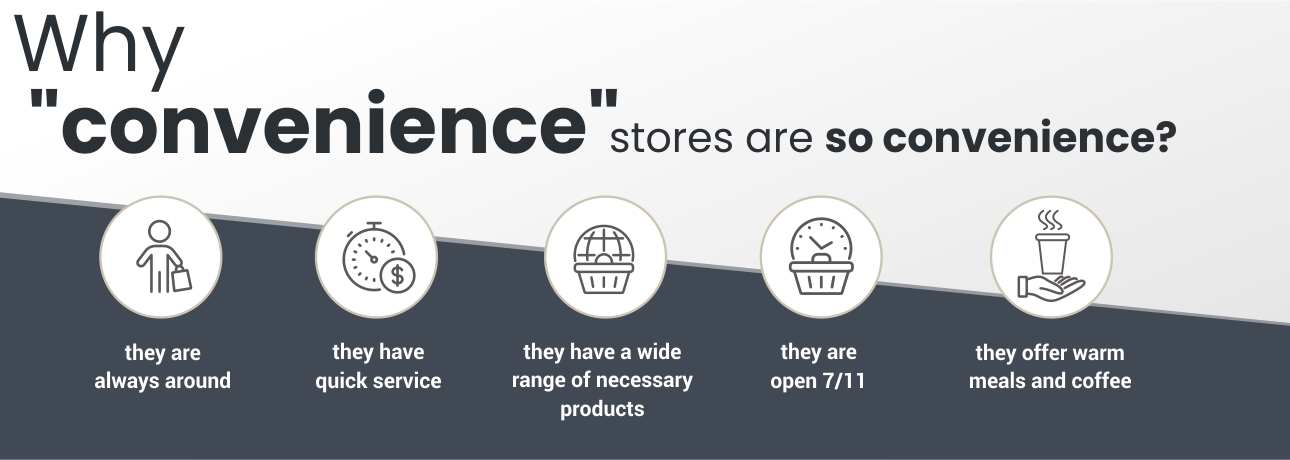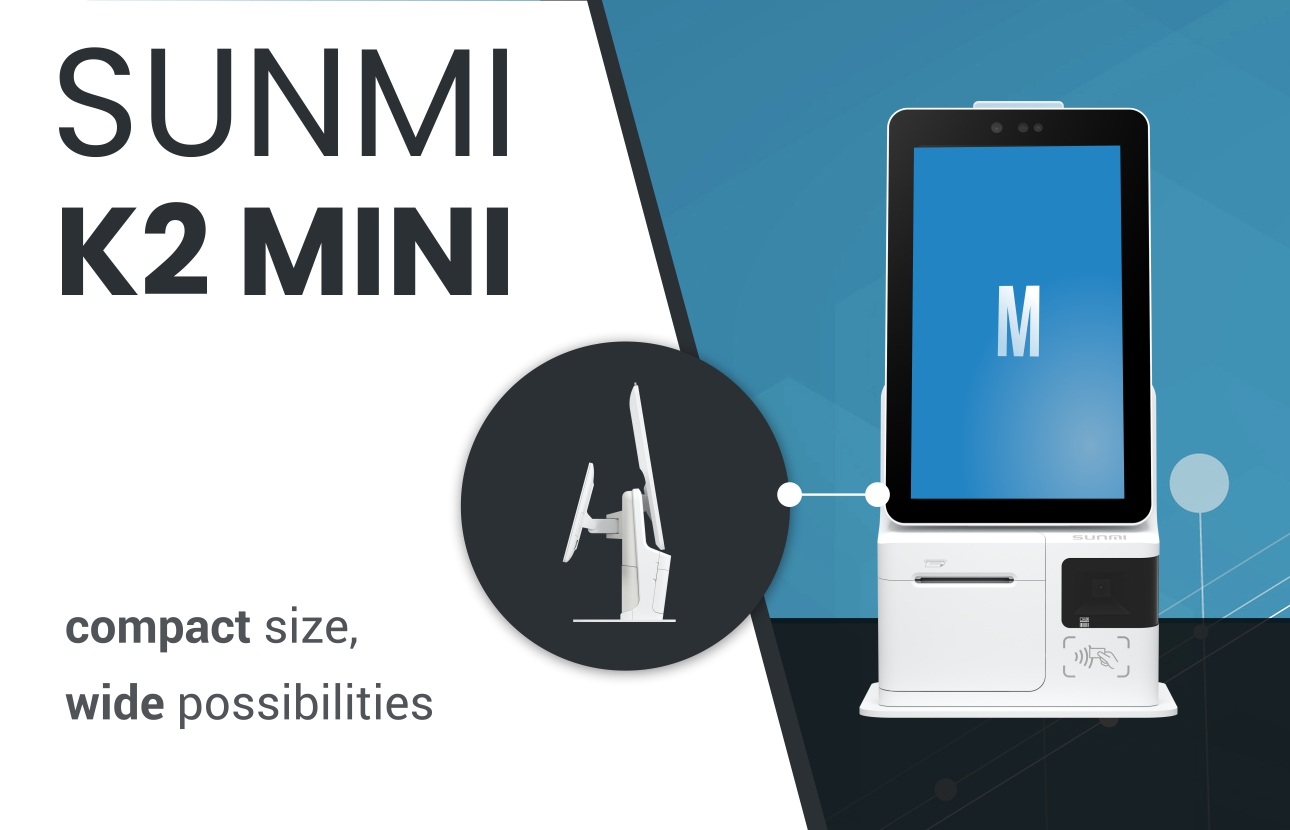Greater number of jobs, better access to cultural, entertainment and commercial centers make us observe the growing popularity of settling in cities. More and more housing estates are emerging, and city centers are also becoming more populated. While in the first case it is possible to properly plan the area, allowing to provide residents with access to all basic needs, the problem is greater in densely built-up city centers. And yet each of us sometimes needs access to services or places where we can do quick shopping without planning a trip to the nearest supermarket.
A store that everyone likes
That is why the so-called convenience stores, are getting so popular. As the name suggests, main features of these stores are convenience and accessibility. Popularly referred to as “corner” stores, small, and at the same time offering a wide range of basic goods and services. In Poland, the best example of a convenience store is a chain with a nice looking, green frog in a logo.
The report “Global Convenience Stores Retailing, 2017-2022: Market Size, Forecasts, Trends, and Competitive Landscape” indicates that the CAGR of convenience store market will amount to 8,5% in years 2017-2022, reaching at the end of this period $4,902 billion of value. The data also shows that the share of sales through this type of stores will reach 22% of total retail sales.
This means that despite some limitations of this type of retail outlets, as much as 1/5 of sales will be generated in them. Showing that the main customer needs are availability, speed and convenience, all of which are offered by “convenience” stores.

Convenience comes at a price
Convenience stores usually occupy a small area, at the same time giving the possibility to choose from a relatively wide range of grocery and household products, additionally providing postal and banking services as well as offering hot dishes and beverages. Such a connection makes the facility tight, the passages are narrow, and the possibility of accepting more customers is limited. An additional difficulty is the fact that convenience stores are usually operated by one employee who, in addition to receiving customers, has to control the goods on shelves, keep tidiness and manage office matters. Effect? Slow service, nervousness, growing queues additionally compounded by the lack of space inside the store.
Smart employee
Such places are perfect for modern self-service solutions, and that fact was properly used by SUNMI, who created the K2 MINI model offered by I’mRetail. This cash register is a compact, countertop or wall-mounted version of the flagship K2 device, adapted to the specific characteristics of small retail outlets, where minimalism and space saving play an important role. The implementation of even a single stand will significantly improve customer service, relieving the employee and taking over some of his duties. The result is faster flow of people, reduced queues that make it difficult to navigate through the store, better customer experience and greater comfort for the staff themselves.
In terms of functionality, the MINI version is not inferior to the full-sized version – K2. The changes that are visible at first glance are a 15.6” vertically oriented screen (instead of 22”), an optional second monitor for a store employee and the lack of an integrated table, but in terms of reliability and functionality, it is exactly the same device. Intuitive to use and equipped with all the necessary components – card payment system, barcode and QR code scanner.
A real convenience store
A convenience store should be quick, convenient and easily accessible. Unfortunately, with the growing number of customers, it becomes more and more difficult, and using such a place is often tiring and irritating. That is why it is very important to introduce changes that are brought by modern technology. One of them is the introduction of compact and smart self-service checkouts, which successfully accelerate customer service by fully restoring all the basic functions that we expect from every corner shop.


